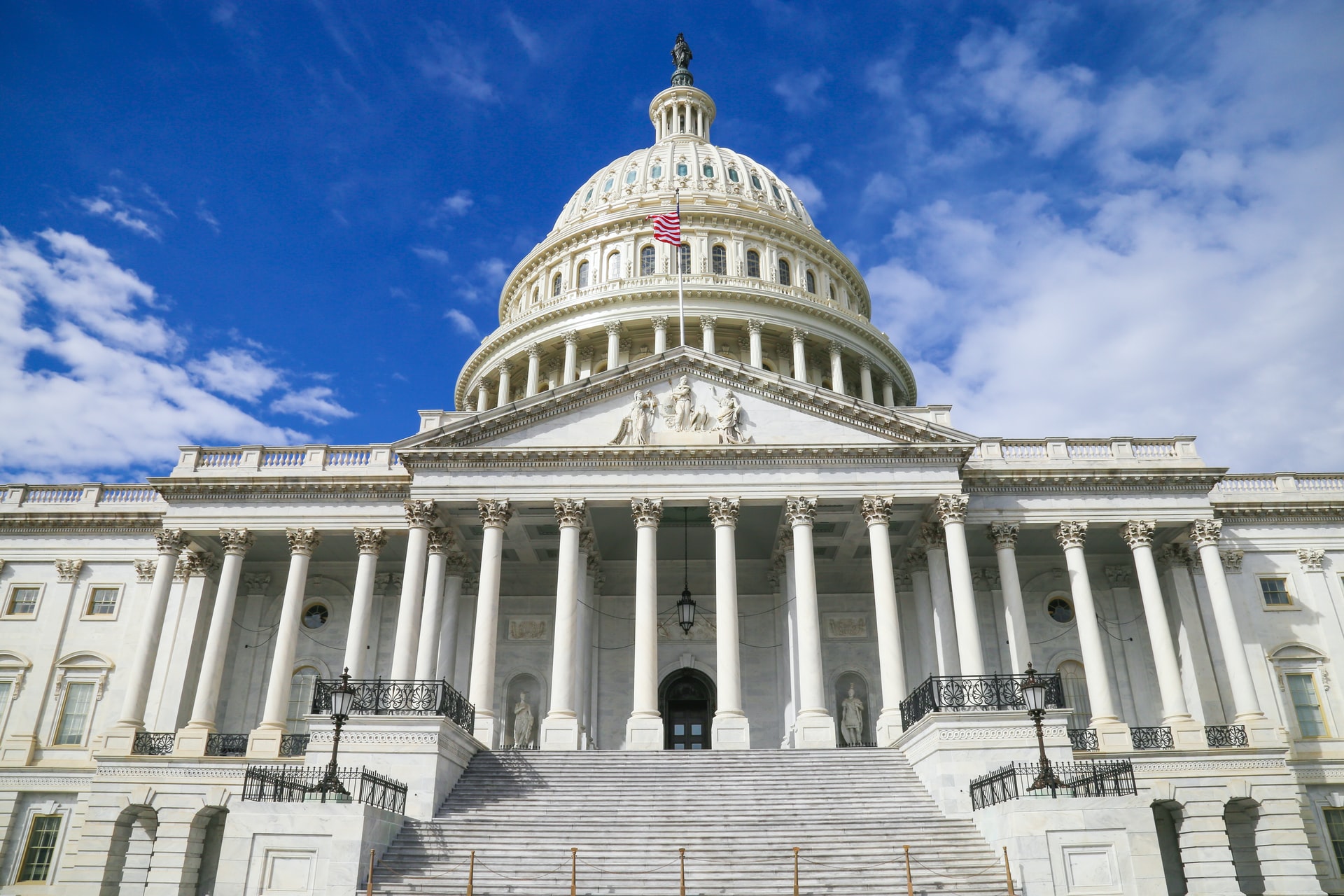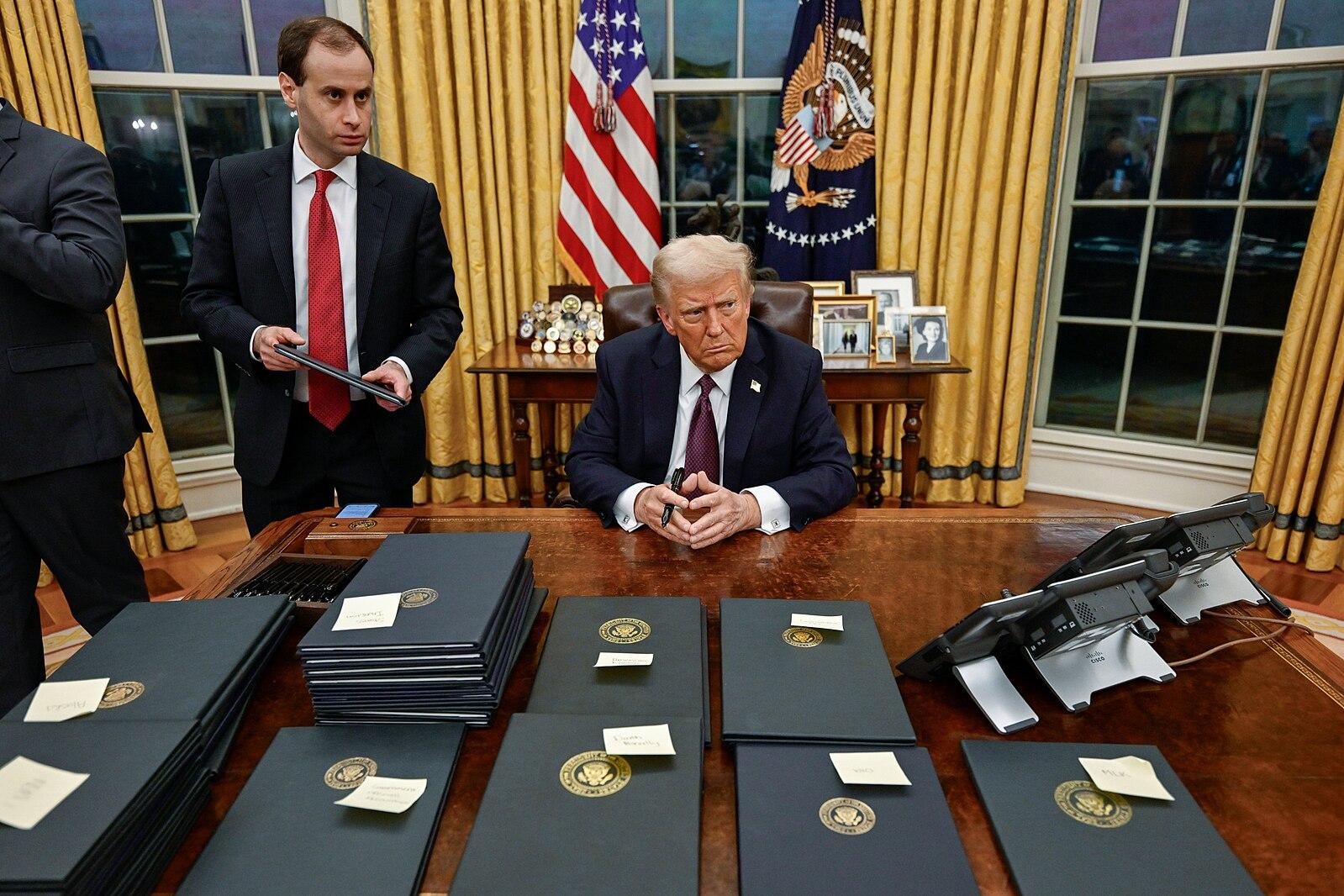
A BILL seeking to suspend the United States’ aid to Philippine security forces due to the alleged human rights violations under the Duterte administration has been formally introduced in the U.S. House of Representatives.
Rep. Susan Wild, a Democrat who represents Pennsylvania’s 7th congressional district, introduced House Resolution 8313, also known as the Philippine Human Rights Act, on Thursday, Sept. 17.
“Today, across the Philippines, (President) Rodrigo Duterte’s brutal regime is using the pretext of a so-called anti-terrorism law to ramp up efforts targeting labor organizers, workers, and political opponents,” Wild said in her speech on the House floor.
The bill calls for ceasing security assistance to the Philippines until it reforms its military and police forces.
HR 8131 was backed by 23 other lawmakers including New York Rep. Alexandria Ocasio-Cortez and Rep. Judy Chu of California.
“In response to these abuses, I introduced the Philippine Human Rights Act, which would block U.S. funding for police or military assistance to the Philippines, outlining a serious basic criteria which would have to be met in order to resume such funding,” Wild added.
If passed into law, the Philippine Human Rights Act requires the Philippines to meet the following criteria:
• Investigate and prosecute members of the military and police forces who are found to have violated human rights;
• Withdraw the military from domestic policy;
• Establish protection for the rights of trade unionists, journalists, human right defenders, indigenous persons, small-farmers, LGBTI activists, and critics of the government;
• Take steps to guarantee a judicial system that is capable of investigating, prosecuting, and bringing to justice members of the police and military who have committed human rights abuses;
• Fully comply with any and all audits or investigations regarding the improper use of security aid.
“Let us make clear that the United States will not participate in the repression. Let us stand with the people of the Philippines,” Wild said.
The bill has been referred to the Committee on Foreign Affairs and the Committee on Financial Services of the U.S. House.
A loss to the U.S.
Philippine senators who authored the Anti-Terrorism Law, in response, pointed out that the passage of HR 8131 would be a loss to the U.S. as well.
“The said bill will not only be our loss but theirs as well, considering that a major part of the security assistance being extended to the Philippines is used to combat terrorism, which knows no borders,” Sen. Panfilo Lacson said.
Likewise, Senate President Vicente Sotto III said: “We should reconsider the VFA (Visiting Forces Agreement) if they pass that. It’s actually a big IF. If they pass a bill suspending security aid to us, then what will the VFA stand for?”
Malacañang, meanwhile, maintained it won’t interfere with the affairs of sovereign countries.
“Hindi natin pinanghihimasukan iyong mga desisyon ng mga soberenyang bansa — kung gusto nilang gawin, gawin nila iyan (We won’t meddle with the decisions made by sovereign countries — if they want to do it, then do it),” Presidential Spokesperson Harry Roque said.
“Kampante nga tayo na sa tingin ko, kinikilala naman ng Estados Unidos ang halaga ng Pilipinas sa pagiging partner niya pagdating din sa mga usaping national security ng Estados Unidos mismo (I am confident, I think, that the U.S. recognizes the importance of being a partner of the Philippines when it comes to matters concerning national Security of the U.S.),” he added.
Roque also called Wild’s allegations over the human rights situation in the country as a “very wild suggestion.”
This is not the first time that foreign lawmakers have filed bills in the U.S. Congress against the Duterte administration.
On January 8, the U.S. Senate passed a resolution officially condemning the Duterte administration for its detention of outspoken Philippine Senator Leila De Lima.
U.S. Senate Resolution 142 argued that De Lima’s detainment was an infringement on the “legitimate exercise of her freedom of speech” and urged the Philippines to release her.
The resolution acknowledges the widely-criticized extrajudicial killings, which were “part of a government-directed anti-drug campaign” that resulted in “the foremost human rights challenge in the Philippines,” as a valid concern of the disgraced senator who has been detained since February 2017.
Led by U.S. Sen. Ed Markey (D-MA), the bipartisan effort to stand up against the Duterte administration’s treatment of De Lima also urged President Donald Trump to impose sanctions against the Philippine government.
The bipartisan group of senators who backed the bill includes Sens. Marco Rubio (R-FL), Marsha Blackburn (R-TN), Chris Coons (D-DE), Jeff Merkley (D-OR), Tina Smith (D-MN), Patrick Leahy (D-VT), Brian Schatz (D-HI), Dianne Feinstein (D-CA), Cory Booker (D-NJ), Benjamin Cardin (D-MD) and Dick Durbin (D-IL).
The U.S. Senate Appropriations Committee also passed an amendment that seeks to ban the entry into the U.S. of Philippine government officials involved in the “politically-motivated” detention of De Lima.





